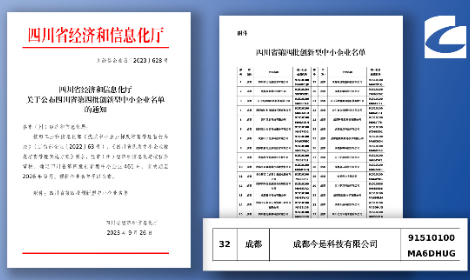
Recommended highlights: Immunotherapies such as immune checkpoint inhibitors have transformed the treatment of advanced cancers, but only a small percentage of patients respond to immune checkpoint inhibitors in the long term and have side effects. The researchers developed a two-step approach that uses whole exome sequencing to target genes and pathways that can predict whether a cancer patient will respond to immunotherapy. The researchers combined data from six previous immunotherapy studies in patients with melanoma, lung, bladder and head and neck cancers. All participants treated with immune checkpoint inhibitors (anti-PD-1 or anti-CTLA-4) were eligible for whole exome sequencing. The researchers used a model called fishHook, which separates mutations that lead to cancer from background mutations (that is, mutations that occur by chance but are not associated with cancer). First, they looked for any genes with a higher mutation burden than they expected, based on whole exome sequencing of all patients, and found six genes with a suspiciously high mutation burden. The researchers determined whether any of these six genes (BCLAF1, KRAS, BRAF, TP53, and the signaling pathways MAPK and p53) were enriched in people who did or did not respond to immunotherapy. They combined these six genes with other predictors, such as age, tumor type, and tumor mutation load, to create a tool named the Cancer Immunotherapy Response Classifier (CIRCLE). The tool was 10.5% more sensitive and 11% more specific for predicting the response to immune checkpoint inhibitors than for predicting the tumor mutation load alone. The results suggest that the use of a broader range of diagnostic methods, such as whole exome or even whole genome sequencing, may significantly improve the ability to predict responses to immunotherapy. Future studies will involve sequencing data from more patients who received different immunotherapies, paving the way for better prognostic tools for cancer immunotherapy.

Original text:
https://www.nature.com/articles/s41467-022-31055-3.pdf
DOI: https://doi.org/10.1038/s41467-022-31055-3

Geneus Technologies' first commercial nanopore gene sequencer G-seq500 is launched

Geneus Technology was successfully selected into the list of innovative smes in Sichuan Province

Chengdu Geneus Technology Co., Ltd. nanopore gene sequencing platform industrialization base environ..